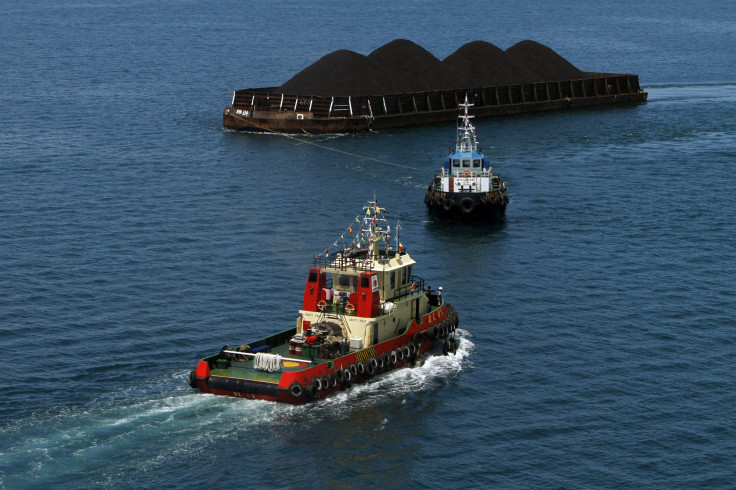Japan Boosts Support For Coal-Fired Power Plants Built Overseas Despite Obama-Led Push To Scale Back Financing

Japan is boosting its financial support for coal-fired power plants built overseas, an official said Wednesday, shrugging off calls from the Obama administration and global environmental groups to scale back public funding for carbon-intensive coal.
By providing public loans and insurance for new coal technologies, developed nations can prevent emerging countries from building cheaper, dirtier and more inefficient facilities, Takafumi Kakudo, coal director at the Ministry of Economy, Trade and Industry said, the Wall Street Journal reported. He spoke at a meeting of government energy experts who approved the pro-coal policy on Wednesday.
Without such support, “It could aggravate the CO2 emissions issue,” Kakudo said, the WSJ noted.
The move comes as the United States, Denmark, Finland, Iceland, Norway and Sweden are attempting to stem public financing for new coal plants built abroad because of concerns about global warming. The U.S. Export-Import Bank in December announced its guidelines would no longer support “high-carbon intensity projects,” except in countries where no other financially feasible options are available, or in cases where plants come equipped with carbon capture technology.
In April, dozens of international green groups sent Prime Minister Shinzo Abe an open letter that called on his administration to “align Japan’s overseas investments with the international community and end support for coal plants.” The groups wrote that “the Japanese government claims that they are helping to mitigate climate change by using state-of-the-art coal technology, but there simply is no way to make a coal plant clean.”
Japan is the world’s largest public financier of overseas coal projects, followed by the United States and Germany. Japan invested $19.7 billion in overseas coal from 2007 to 2013, according to a recent count by the Natural Resources Defense Council, while the United States spent $9.01 billion over that period and Germany invested $6.07 billion in public funds. All told, total investments from development banks and international financial institutions totaled nearly $60 billion during that seven-year stretch.
The government-owned Japanese Bank for International Cooperation has led the country’s financial support for overseas coal plants and mines, which typically involve the exchange of Japanese technology, equipment and expertise. In the past decade, the bank has invested in nearly two dozen coal facilities in Indonesia, India, Vietnam and the Philippines, largely in collaboration with private banks.
Most recently, JBIC announced a $202 million credit line last week for Vietnam Electricity to buy Japanese equipment for a new coal facility in that country.
In its policy adopted on Wednesday, Japan defended its coal investments, arguing that developing nations would need more coal-fired power to support their economic growth. “Encouraging the adoption of the most efficient coal technology as possible is a realistic way to cut CO2,” according to the policy statement, the WSJ reported. Critics of coal power, by contrast, say the best move for the climate is to invest in renewable energy technologies today rather than lock countries into decades of coal-fired power.
© Copyright IBTimes 2024. All rights reserved.





















